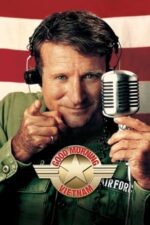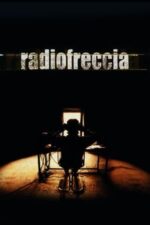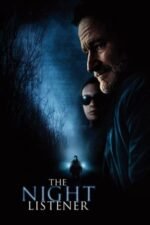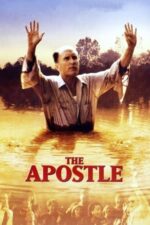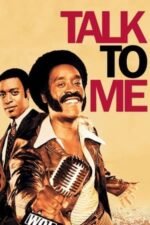Tuning In: How Radio Stations Became Cinematic Storytellers
Isn't it fascinating how certain cultural touchstones just keep popping up in film? Lately, I’ve been noticing a recurring motif – the radio station. Not just as background noise, but as a central character, a catalyst for conflict, or even a window into a society’s anxieties. It’s more than just nostalgia; these films are tapping into something deeper about connection, communication, and the power of broadcasting.
Think about it: before streaming services and podcasts, radio was the way to connect with the wider world. It was a source of news, music, companionship – especially during times of isolation or upheaval. That inherent intimacy lends itself beautifully to storytelling.
Take "Piratensender Powerplay," for example. The sheer audacity of these young guys setting up an illegal radio station in West Germany and challenging the established broadcasting giants? It’s a classic David vs. Goliath story, fueled by youthful rebellion and a genuine desire to share something unique with their community. And that feeling – that sense of shared experience through music and conversation – is what makes it so compelling. I remember as a kid, my grandfather would tell me stories about listening to pirate radio stations during the 60s; it was a lifeline for counter-culture movements!
Then you have films like "Working Slowly (Radio Alice)," which uses the medium to explore the political ferment of 1970s Italy. The station isn't just broadcasting music; it’s transmitting ideas, challenging authority, and giving voice to a generation yearning for change. It’s a powerful reminder that radio can be more than entertainment – it can be a tool for social commentary and even revolution.
And let’s not forget the darker side of this connection. "Nightmare Radio" brilliantly exploits our anxieties about anonymity online (or, in this case, on air). The blurring lines between fan and stalker are genuinely unsettling, highlighting how easily trust can be exploited when we lose sight of the human element behind a voice. It’s a chilling reminder that even seemingly harmless hobbies can have dangerous consequences.
Even something as ostensibly lighthearted as "American Graffiti" uses the backdrop of a bustling radio station to underscore the bittersweet feeling of change and transition. The music blasting from those car radios isn't just setting the scene; it's encapsulating an entire era, a moment in time that’s about to slip away.
Ultimately, these films demonstrate how the humble radio station can be so much more than just a source of tunes. It’s a mirror reflecting our hopes, fears, and desires – a powerful storytelling device that continues to resonate with audiences today. So next time you hear that crackle on an old radio, remember: there's probably a compelling story waiting to be told.
What films featuring this theme have you enjoyed? I’d love to hear your thoughts!




















